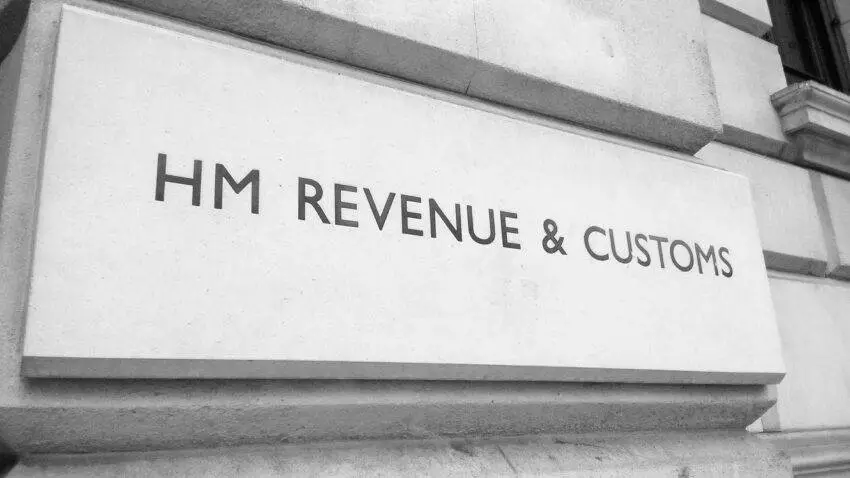HM Revenue & Customs (HMRC) has conceded that more than £19 billion in unpaid taxes is unlikely to be recovered. This comes in the wake of heightened failures in their customer service operations.
The total amount of unpaid taxes has surged to £43 billion, driven by older debts and ongoing economic challenges.
Alarming Rise in Unpaid Taxes
According to HMRC’s latest annual report, unpaid taxes have swelled to £43 billion, nearly three times the amount seen before the pandemic. The portion of these debts considered unrecoverable has risen from 32% to 45% over the past year.
The increase in unrecoverable debts is largely attributed to the accumulation of older debts and current economic conditions. These factors have severely impacted both businesses and individuals, putting immense pressure on the tax system.
Customer Service Failures
HMRC has failed to meet every service target set by the previous government, revealing significant shortcomings in customer service. This has led to unprecedented taxpayer delays and frustration.
Shocking figures show that nearly 56,000 customers were cut off after waiting on hold for over an hour—an almost sevenfold increase from the previous year. The average waiting time for phone calls also rose significantly to 23 minutes and 14 seconds.
Sarah Olney, the Liberal Democrat Treasury spokeswoman, was vocal in her criticism, attributing the failures to what she calls “years of Conservative Party economic vandalism.” She urged the Labour government to invest properly in HMRC to resolve this “cycle of decline.”
Fraud and Error in Pandemic-related Schemes
In addition to unpaid taxes, HMRC has acknowledged significant losses due to errors and fraud in pandemic-related tax schemes.
The department has lost an estimated £4.1 billion through schemes intended to encourage business research and development (R&D) since 2020.
A previous investigation by The Times revealed that companies were exploiting R&D tax breaks for questionable “innovations,” such as adding vegan options to pub menus or adjusting launderette washing temperatures.
Criticism of HMRC’s Oversight
Tax advisers have harshly criticised HMRC’s oversight, claiming that it “almost never checks” claims under the R&D scheme, effectively making it “free money” for companies.
The department has since revised its fraud estimates within the R&D scheme. The figure has now climbed from 5.5% to 25.8% over the past year.
Gareth Davies, the independent auditor of government departments, highlighted that this fraud level is “among the highest reported across all government spending programmes, including those administered in response to Covid-19.”
HMRC’s Response
An HMRC spokesperson stressed the importance of timely tax payments to fund public services. “We do everything we can to help those who engage with us to get out of debt,” they stated.
Addressing the R&D fraud, the spokesperson said, “With research and development claims, public money is at stake, which is why we have increased compliance activity.”
The spokesperson’s comments underscore the serious challenges that HMRC faces in recovering unpaid taxes and tackling systemic issues in customer service and fraud prevention.
Broader Implications
The broader difficulties faced by HMRC highlight the ongoing challenges within the post-pandemic economic landscape.
The combined issues of unpaid taxes, customer service failures, and fraud point to a systemic crisis that demands urgent attention from policymakers.
The situation calls for robust measures to enhance efficiency, accountability, and transparency within HMRC to restore public confidence.
Moving Forward
As HMRC grapples with these challenges, the need for a comprehensive overhaul of its operations has never been more apparent.
In conclusion, HMRC’s current predicament underscores a systemic crisis exacerbated by the pandemic and economic downturn.
Urgent measures are needed to address the issues of unrecovered taxes, customer service failures, and fraud to build a resilient tax system for the future.

